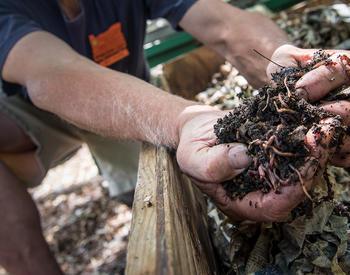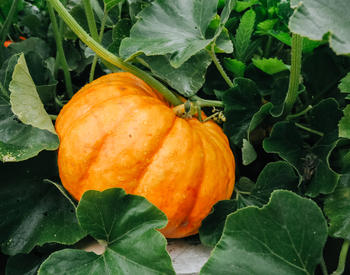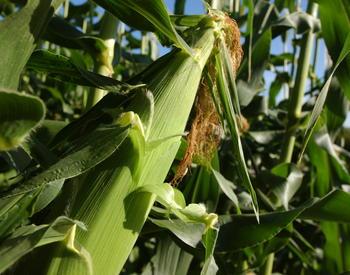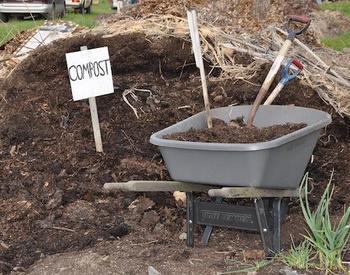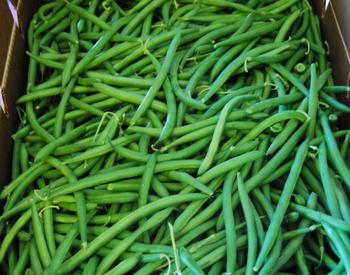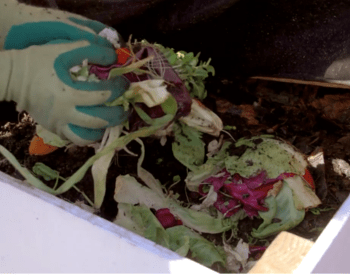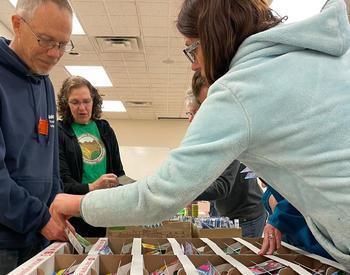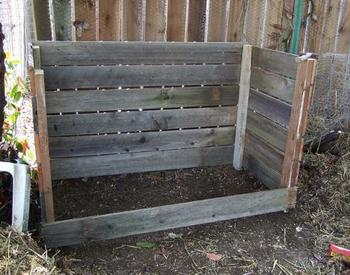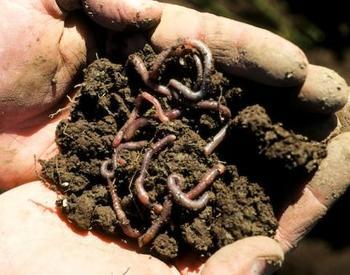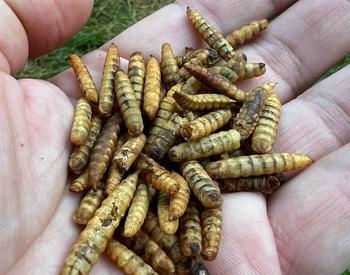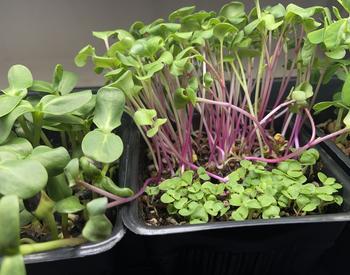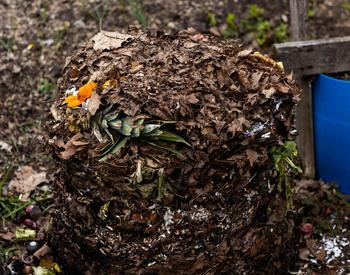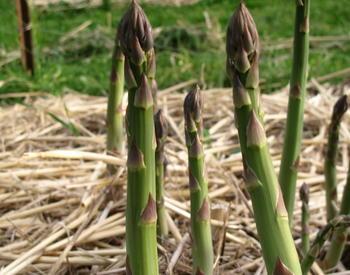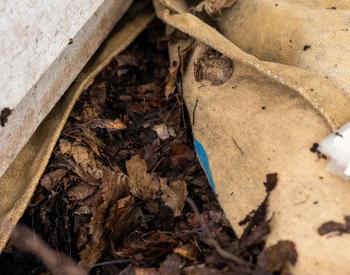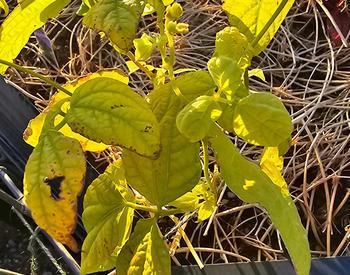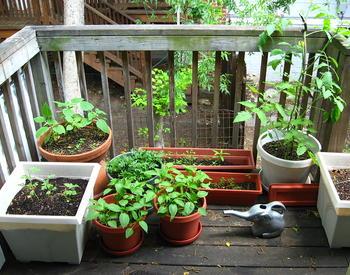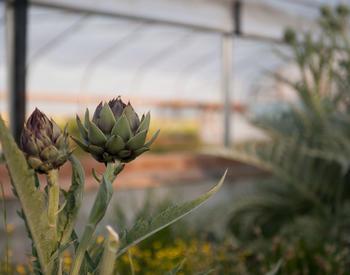I maintain a fairly productive compost pile that I use to replenish my raised beds each year. This year, I have a large number of plants (mainly squash and tomatoes) that have come up in beds where this compost was used. Someone told me that it might be dangerous to eat veggies from these seeds that I assume did not get completely broken down in the composting process. Maybe something to do with excessive nitrogen levels? Is this true, or are these veggies safe to eat?
Unless we are truly devoted to monitoring and optimizing the chemistry and microbiology of our home compost piles, they just aren't likely to maintain high enough temperatures for long enough periods to decompose these more hardy seeds. Not only are such seeds not completely broken down, they aren't broken down at all. Instead, the composting process promotes their germination.
I'm afraid your informant is wrong, wrong, wrong. The fruits of these volunteers are not – to my knowledge – dangerous to eat. Nevertheless, I don't offer such volunteers space and resources to develop in my garden. Here's the reason:
- In the case of squash, pumpkins, cukes, and any member of the family cucurbitaceae, - these vegetables cross-pollinate one another rampantly. It's very likely that any resulting fruit will not be true to type. Vegetable breeding is a thoughtful occupation and flavorful fruits with palatable textures are not the result of chance crosses. Instead, these volunteers are often woody and with a flat flavor.
- In the case of tomatoes, these plants are self-fertile and so it's very likely that the fruits WILL be true to type. I still rogue out any volunteer tomatoes. Tomatoes are native to the tropics, and at lower (warmer) elevations, a 10-week-old plant in the tropics can bear fruit. But at our latitudes, tomatoes develop much more slowly. I won't give the space to a plant that may not start bearing until autumn.
But toxic? No, not at all.
